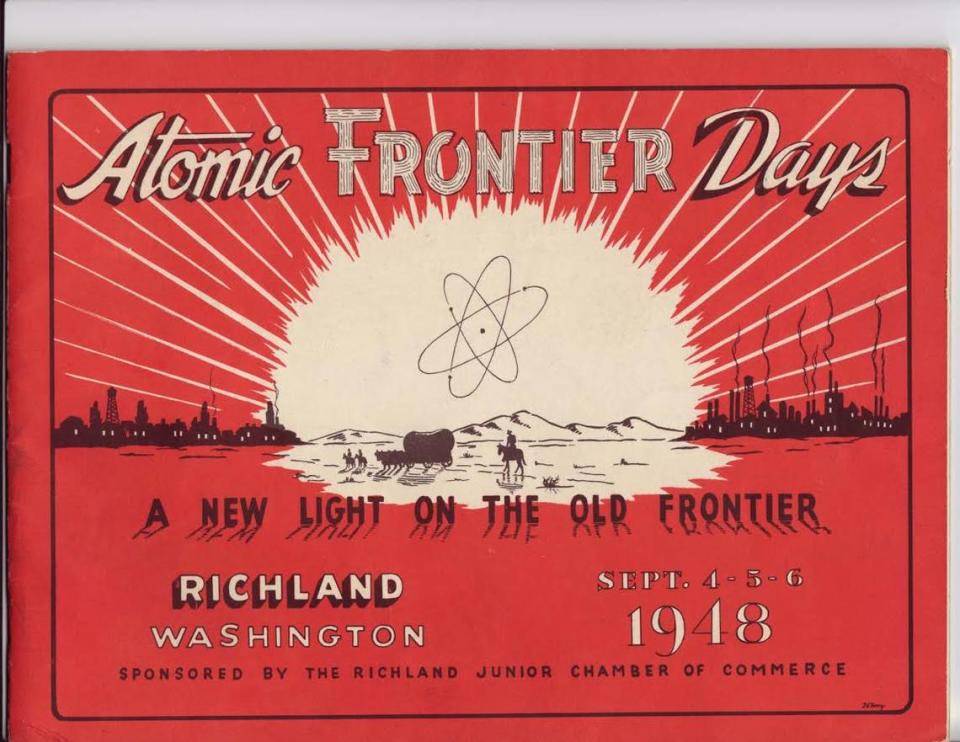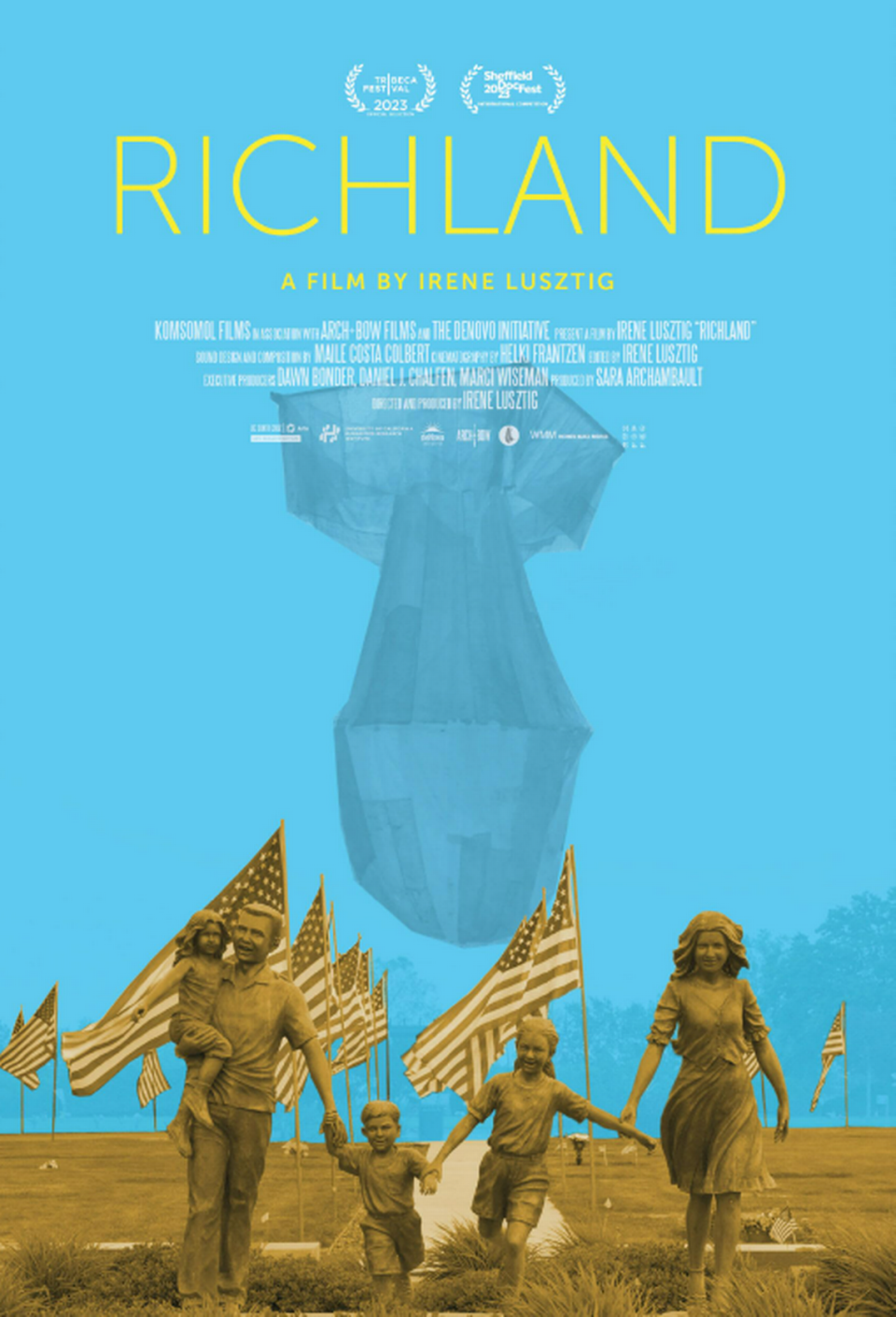Film tackling Richland’s nuclear legacy premieres at Tribeca festival. Now see it in WA
Tri-Citians can see how an outsider views them as a documentary director wrestles with the idea of a town built on the production of nuclear weapons and the comfortable middle-class life it offers residents.
Filmmaker Irene Lusztig spent years visiting Richland, Wash., to produce the feature-length documentary “Richland,” a film promoted as examining “the habits of thought that normalize the extraordinary violence of the past.”
It premiered at the Tribeca Festival in New York City in June and now will be shown in Washington state.
Screenings are scheduled at the Tri-Cities International Film Festival in Richland and at the Wanapum Heritage Center near Desert Aire. It also will be shown in Seattle, Tacoma and Bellingham this month.
Lusztig first visited Richland in 2015 when she was working on the documentary, “Yours in Sisterhood,” based on letters to Ms. magazine, and was startled by the large mushroom cloud rising above a capital letter R on the wall of the Richland High School.
“In the months and years that followed, I couldn’t stop thinking about Richland,” she said.

What she found when she returned was a town where many residents are proud of its nuclear company town heritage and the atomic bomb it helped create.
She also was struck by the quality of life that the Hanford site provided for workers and their families.
“Richland is a community where many people were working class,” she said in an interview with Shannon Cram, an assistant professor at the University of Washington. “People were making really good money and having these idyllic family suburban lives and able to live in a way that would not have been available to them somewhere else.”
The small farming community of Richland was turned into a government town in the 1940s as land was seized for a secret World War II project. Workers there raced to produce plutonium to create atomic bombs ahead of the Nazis during World War II.

The plutonium that was produced at what was a 670-square-mile site in Eastern Washington was used first for a test explosion of an atomic bomb in the New Mexico desert and then the bomb dropped on Nagasaki, Japan, during World War II.
Taxpayers continue to provide more than $2.5 billion a year on environmental cleanup of contamination left from plutonium production that continued through the Cold War.
‘Richland’ regrets
Along with pride she heard in Richland’s role in history, she also dug into regrets about the role Richland workers had played — regrets about cancers that people believed were linked to emissions from producing plutonium, about the contaminated environment left behind during the Hanford site’s production years or about the suffering in Nagasaki.
Lusztig said she worked to build relationships and listen to the Richland community during her visits to film.

She said she didn’t want to shy away from “the tremendous environmental and human costs of nuclear arms manufacturing, but, at the same time, I also wanted to represent the stories of Hanford workers — people who politics often diverge drastically from my own — with dignity and generous listening.”
The film includes encounters with nuclear workers, community members, archaeologists, Native Americans and a Japanese granddaughter of atomic bomb survivors.
Lex Briscuso wrote in a review for The Wrap that the documentary “is unafraid to lay bare how people embrace destruction if there is a place for them inside it. It is also unafraid to counter that mindset with the truth about the cost of dancing with the devil — and that’s what gives the film its power.”
‘Richland’ screenings in WA
▪ Tri-Cities International Film Festival at 8 p.m. Oct. 13 followed by questions and answers with the director and 1:25 p.m. Oct. 15 at the Uptown Theater in Richland. A festival pass costs $25 and can be purchased at bit.ly/TRIFItickets.
▪ Wanapum Heritage Center, 29082 Highway 243 South, Mattawa, at 1 p.m. Oct. 14. There is no cost. It is about 50 miles from Richland.
▪ Seattle International Film Festival 7:30 p.m. Oct. 11. More information at bit.ly/SIFFRichland.
▪ Tacoma Film Festival, 5 p.m. Oct. 12 at The Grand Cinema. Cost is $12 for adults with discounts available. Purchase tickets at tacomafilmfestival.com/films/richland.
▪ Doctober at the Pickford Film Center in downtown Bellingham at 3:45 p.m. Oct. 15 with a question and answer session with the director and 5:15 p.m. Oct. 25. Admission is $12.50 plus a 95 cent service fee, with discounts available. Buy tickets at bit.ly/BellinghamRichland.

